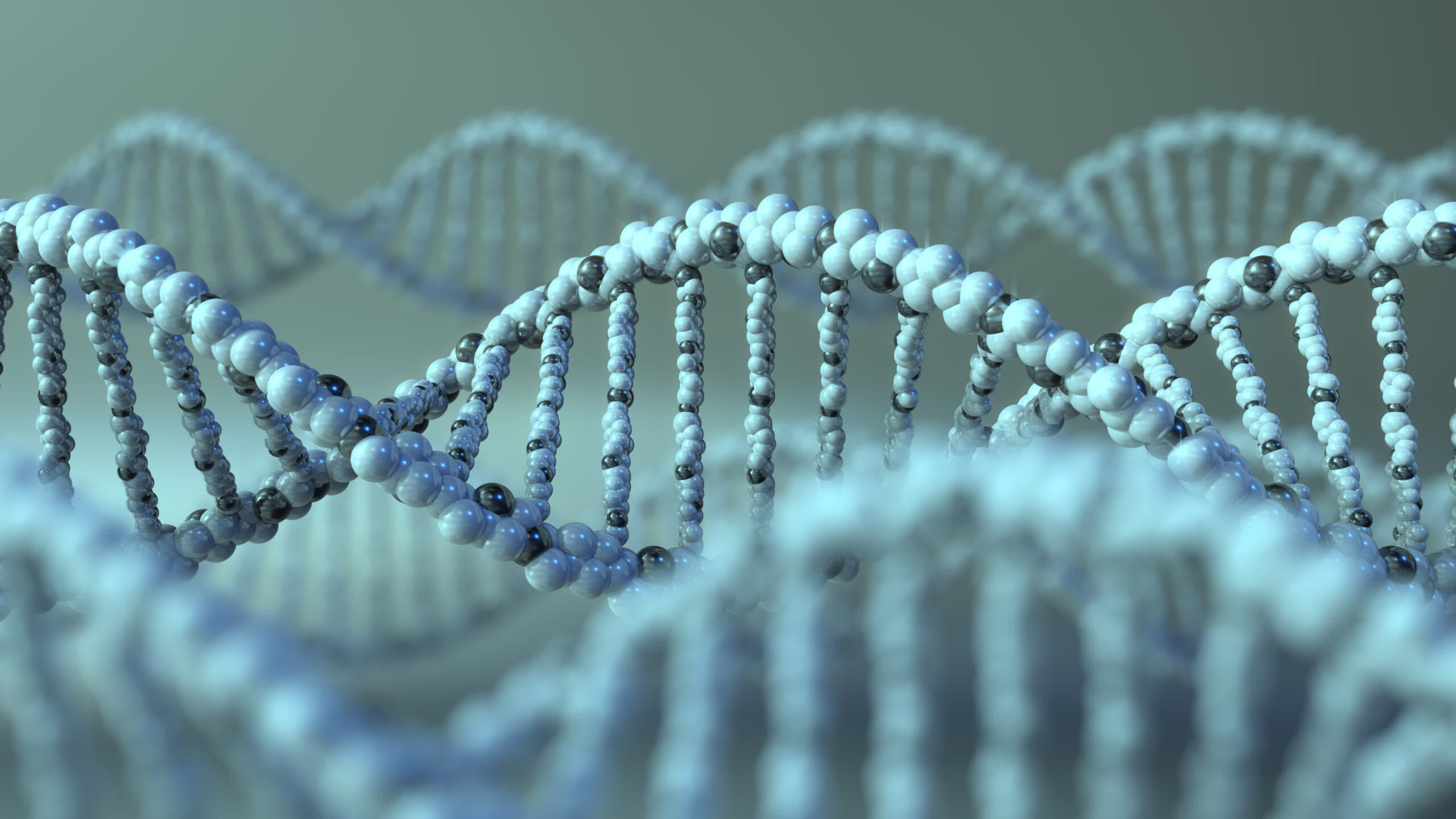

The impact of age on male fertility, here’s what we know

25 June, 2024
By Nicolás Garrido
Nowadays, time is one of the greatest obstacles to fertility. As experts, we are tired of warning against the reproductive problems that delayed motherhood and fatherhood are generating in our society. But the reality is that the focus is almost always on women. Although men have also delayed their moment of becoming fathers, we do not really know how this social change impacts their fertility.
In recent years, delayed fatherhood has been on the rise due to a variety of social factors. This has led andrologists to research the possible effects that age may have on the male. The impact of maternal age on reproductive success and the health risks of offspring have been well addressed and described for decades. However, the effects of paternal age on semen quality, reproductive capacity and the future well-being of the child have not yet been sufficiently studied. Consequently, it is less well known, probably because it is more subtle.
Several studies were conducted to assess the effects that advanced paternal age have on semen quality, rates of sperm chromosomal alterations (aneuploidy) and sperm DNA integrity, reproductive outcomes and disease prevalence in offspring. But the results of these studies are contradictory. In some cases they show the negative effects of advanced paternal age, while in other areas there seems to be no such association.
We know that advanced paternal age is associated with an increased risk of adverse health effects in offspring.
What does seem to be more obvious, in particular, is that advanced paternal age (APE) is associated with a wide range of adverse effects related to increased health risks for children, such as autism spectrum disorders (ASD), schizophrenia, achondroplasia and syndromes, including Apert syndrome, among others, that may be associated with conception involving an older male parent.
All of these consequences appear to be caused by an increased accumulation of de novo mutations in sperm produced from older parents. This is because they have been subjected to multiple cell divisions over the individual's lifetime and exposed to potential damage from environmental factors during this period. One of the mechanisms responsible is known as "selfish spermatogonial selection", a unique germline phenomenon leading to clonal expansion of mutations over time.
In a society with a pronounced delay in fatherhood, the effect of male age on reproductive outcomes still requires a great deal of clarification. What is most important, perhaps, is to determine whether male age has an impact on reproductive outcomes, and to establish an optimal age threshold. This is essential to provide better counselling for couples who come to a clinic for assisted reproductive treatment or even to preserve their fertility at an earlier age.
If you are interested in male fertility, I recommend you take a look at our courses on male infertility.
Related courses

Online
Online Course on Immunology and Hematology
Start: 02/12/2026
Online courses
Course fee:
250 €

Online
Online course: Fundamentals in Reproductive Genetics
Start: 02/12/2026
Online courses
Course fee:
150 €

Online
Assisted Reproduction Fundamentals
Start: 06/11/2026
Online courses
Course fee:
150 €

